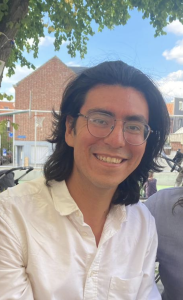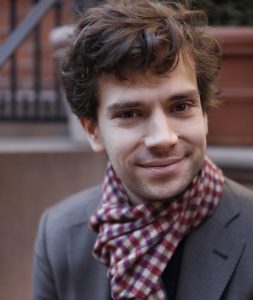About the Course
Oxford has the largest Classics department in the world, with unparalleled teaching, library and museum resources and a wealth of extracurricular activities including performances of Greek plays.
The four-year Classics course, known as Greats or Lit. Hum. (Literae Humaniores) is divided into two parts. The first-part exam, Mods (short for Moderations), is taken after five terms (i.e. two thirds of the way through the second year); the focus is on knowledge of the classical languages and their literature, though there are also opportunities to study philosophy, ancient history, archaeology, and linguistics. These subjects also feature, together with further study of the literature, as options in the second half of the course (Greats) leading to the final exam (Finals or ‘Schools’). Classics up to Mods will have a new course structure from 2025. The focus will be on linguistic attainment and students will be placed into different streams, depending on what they have studied before coming up to Oxford.
After Mods, various course options will be available for students, with the study of Homer and Virgil a compulsory element of Greats.
Classics at Jesus College
Jesus College welcomes candidates for all the language-based Classics courses offered by Oxford: Classics, Classics and English, and Classics and Modern Languages.
Jesus College is known for its beautiful quads, friendly atmosphere, good food and generous student facilities. It is relatively small and centrally-placed, and most of its undergraduates and postgraduates live in College accommodation. We aim to give Classics places to keen, hard-working students with open minds and varied interests, who enjoy engaging in literary study and are prepared to engage with the broad and unremitting challenge of the Classics.
Teaching takes place in weekly tutorials and discussion groups (mainly in College, sometimes with outside tutors), in combination with university classes and lectures. Academic standards are extremely high. The satisfaction of aiming for high intellectual achievement in a lively and supportive environment makes studying at Jesus College a rewarding and memorable experience.
Since 2019 Jesus College has pioneered the use of Active Latin, that is the method of teaching Latin in Latin. This has proved popular and academically productive, and from 2022 the method has been extended to teaching Active Greek in the original language. Students taught by the active method can expect to graduate with unusual fluency in speaking and reading one or both of the ancient languages.




